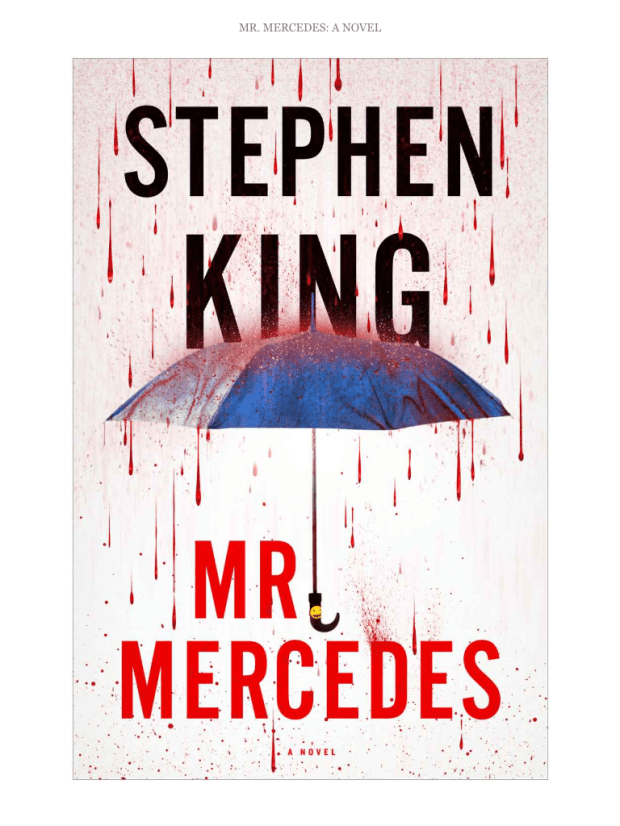Becoming a princess may be a fairy tale we’ve all grown up with, but finding a relationship where you are loved in spite of your flaws is a true happy ending. Both Bex and Nick make mistakes, but that both of them are allowed to be imperfect but still in love is what makes The Royal We so touching.
Unfortunately, as real life knows all too well but fairly tales gloss over, love isn’t all it takes to make a life together. And when you fall in love with the future king of England, the roadblocks to happy ever after are a bit bigger than in a civilian relationship. Like a sledding hill compared with Mount Everest.
Bex Porter, American exchange student to Oxford, and Nick Wales, as in Nick OF Wales, future king of England, begin their relationship as all the best relationships start: bonding over awesome terrible TV with awesome terrible snacks. Spending late nights eating junk food and watching the next installment of Devour, a supernatural American soap opera, is one of the truer ways to fall in love that I’ve ever read. (After all, weekly emails over a TV show is part of what drew me and my own man together–TV and true love are both magic.) And when the two give in to their feelings, finally, it’s sweet and charming and touching, and Nick is every bit a prince (the lowercase kind–a nice, caring gentleman).
But a paradise of twinkies and soap operas can’t last forever. Eventually their relationship will have to come into the light, like an evil twin vampire that is surely on an episode of Devour. And when the palace is through with Bex, she’s not sure she can still see herself when she looks in the mirror.
Not every love can withstand a family that changes the way you look and act to be their version of “acceptable,” and not every relationship is built to exist in front of vicious paparazzi and internet commenters. But the thing that makes Nick and Bex special is that they aren’t extraordinary. They don’t have a perfect love that can make it through anything–they have a real love that gets beat up, and is hard to hold on to, and can be full of doubts one minute and full of grace the next. Nick and Bex are not immortal, they are not angels, they are not superheroes. They are human. And that makes them perfect.
And their relationship isn’t the only great one in the Royal We. There are friendships built in college dorm rooms that last through grown-up jobs and real-life stresses. Bex’s twin sister Lacey and Nick’s brother Freddie provide some of the best support and create the worst obstacles, as siblings sometimes do. And Nick and Bex couldn’t have relationships with their fathers that were more different if they tried.
And like any great soap opera, there’s backstabbing and plotting; the sex is sexy, and sometimes scandalous; there’s sharp one-liners; and plenty of moments that made me laugh out loud and some that made me ugly cry.
The Royal We is so funny, warm, and full of life, it will be the perfect way to warm up after this dreadful winter. It comes out April 7, but you can get the first seven chapters for free right now on Amazon.











